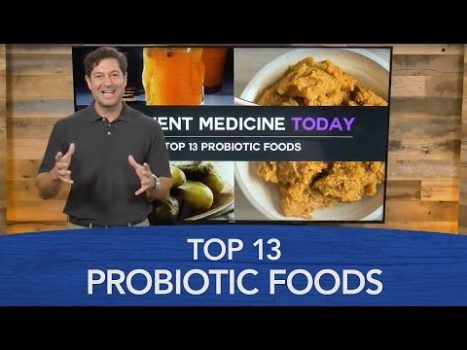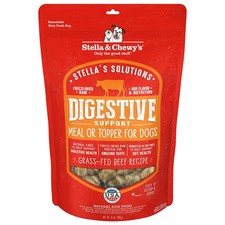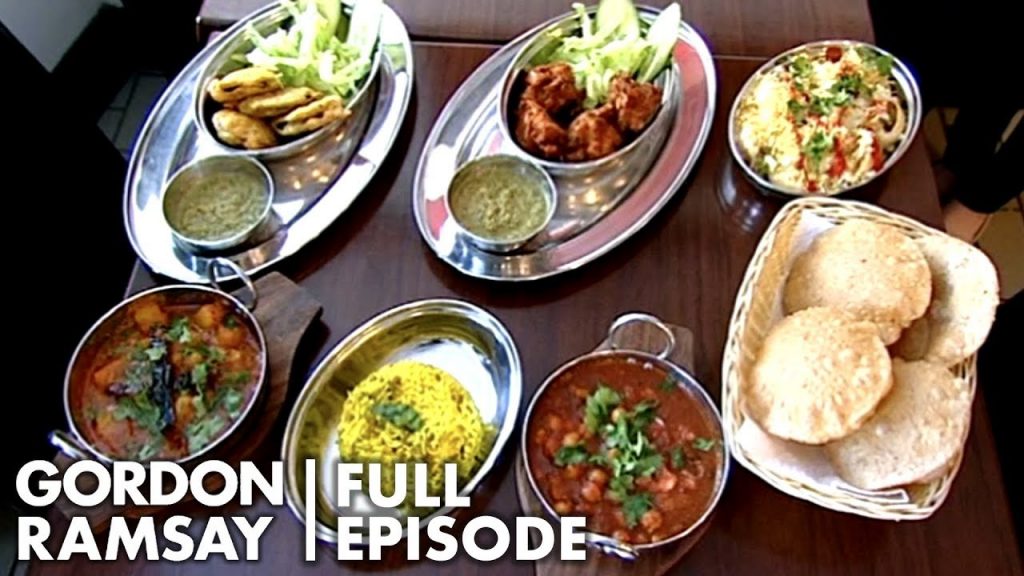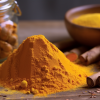Top 13 Probiotic Foods

Are you getting enough probiotic foods in your diet?
Chances are you’re probably not. Probiotics are good bacteria that primarily line your gut and are responsible for nutrient absorption and supporting your immune system.
Probiotics are essential for your digestive health. If you have leaky gut, Crohn’s, ulcerative colitis, diverticulitis, constipation, IBS, or other digestive troubles, these probiotic foods can help restore your health. There are also hundreds of other health benefits of consuming probiotic-rich foods other than digestion that you may not be aware of.
Can incorporating probiotic-rich foods into your diet provide multiple health benefits?
Probiotics are live bacteria and yeasts that are beneficial for human health when consumed in adequate amounts. These friendly microorganisms are essential for maintaining gut health, improving digestion, and boosting immunity. Probiotics can occur naturally in some foods or may be added to others. Here are the top 13 probiotic foods that are worth adding to your diet.
1. Yogurt – This dairy product is the most well-known probiotic and has been consumed for centuries. Yogurt contains live bacteria, such as Lactobacillus bulgaricus and Streptococcus thermophilus, which can aid digestion and boost the immune system.
2. Kefir – This fermented milk drink is made by adding kefir grains to milk. Kefir has a sour taste and a consistency similar to yogurt. Some studies suggest that kefir can improve digestion, promote bone health, and reduce inflammation.
3. Sauerkraut – This fermented cabbage is a popular probiotic food in many countries. Sauerkraut is high in lactic acid bacteria, which can help with digestion and reduce inflammation.
4. Kimchi – This spicy Korean dish is made with fermented vegetables such as cabbage and radish. Kimchi is a rich source of probiotics and has been shown to improve gut health, boost immunity, and reduce inflammation.
5. Miso – This traditional Japanese food is made by fermenting soybeans with salt and a fungus called koji. Miso is rich in probiotics and can improve digestion, provide antioxidants, and reduce the risk of chronic diseases.
6. Tempeh – This Indonesian food is a fermented version of soybeans, which often comes in a cake-like form. Tempeh is high in probiotics, protein, and nutrients such as iron and calcium.
7. Kombucha – This tangy drink is made by fermenting tea with a symbiotic culture of bacteria and yeasts. Kombucha is rich in probiotics and antioxidants, and has been shown to improve digestion and immune function.
8. Kvass – This traditional Russian drink is made by fermenting rye bread with water or other vegetables. Kvass is a rich source of probiotics, and can help with digestion and provide antioxidants.
9. Natto – This Japanese dish is made by fermenting soybeans with a bacillus called natto. Natto is high in probiotics, protein, and vitamin K2, which is essential for bone health.
10. Cottage cheese – This soft, fresh cheese is a rich source of probiotics, calcium, and protein. Cottage cheese can aid digestion, promote bone health, and reduce inflammation.
11. Sourdough bread – This type of bread is made by fermenting dough with a wild yeast and bacteria mixture. Sourdough bread is a rich source of probiotics, and can improve digestion and reduce inflammation.
12. Pickles – This salty snack is made by fermenting cucumbers with water and salt. Pickles are a rich source of probiotics, and can aid digestion and provide a low-calorie snack option.
13. Cheese – This dairy product is a rich source of probiotics, protein, and calcium. Cheese can aid digestion, promote bone health, and provide antioxidant benefits.
In conclusion, probiotic foods have numerous health benefits and should be included in your diet. These foods provide beneficial live bacteria that can improve digestion, boost immunity, and reduce inflammation. Adding probiotic-rich foods to your diet can be easy and delicious, and can provide multiple health benefits.










Learning to Enjoy Being Alone is a Superpower
How to quickly get out of a rut
The Problem With Being a VEGAN in 2020
The Golden Spice: A Closer Look at Turmeric
How Hormones Influence You and Your Mind